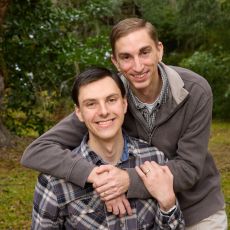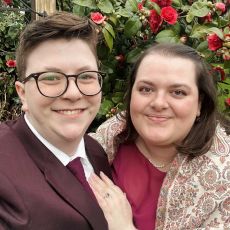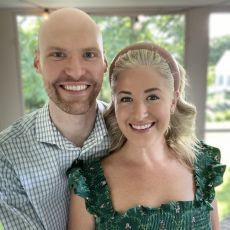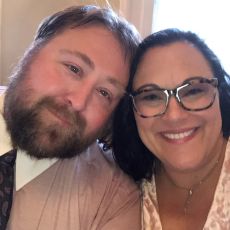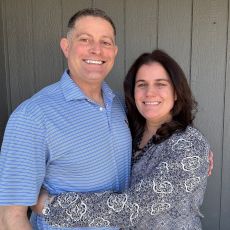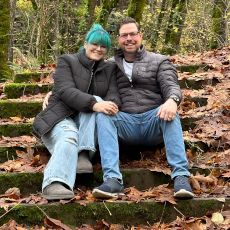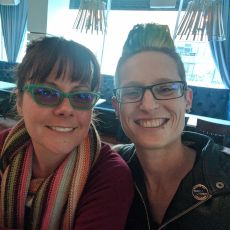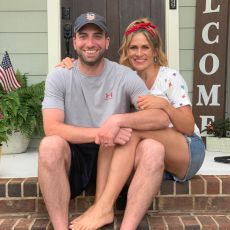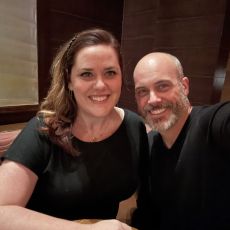Healing After Adoption
Placing a child for adoption is one of the most courageous decisions a woman can make. But even when you know it was the right choice, it’s normal to feel overwhelmed with emotions in the aftermath. If you're a birth mother in Michigan wondering how to navigate this next chapter, you’re not alone — and you don’t have to figure it out by yourself.
With the right support, healing after adoption can be a meaningful journey. From understanding your emotions to connecting with supportive communities and specialists, there are many ways to care for your mental and emotional well-being.
Your journey to healing matters and you deserve to feel supported and empowered as you move forward. Schedule a consultation today to talk with a specialist who truly understands what you’re going through.
Healing After Adoption
There’s no “right way” to grieve or heal, but there are some helpful first steps you can take:
Emotions You May Feel
Some days, you might feel confident in your decision. Other days, the sadness can hit unexpectedly. You may experience:
- Guilt or shame
- Grief and sadness
- Relief or peace
- Loneliness
- Hope for the future
These emotions often mirror the seven stages of grief: shock, denial, anger, bargaining, depression, testing, and acceptance. Healing means letting yourself move through them — at your own pace.
In places like Detroit, Grand Rapids, or Traverse City, birth mothers often say these waves of emotion can come and go, even years later. That’s okay. Every feeling is valid, and healing isn’t a linear process.
You can call our 1-800-ADOPTION hotline 24/7, offering support during and after your adoption.
How to Heal After Giving Child Up for Adoption
There’s no one-size-fits-all plan, but here are practical ways to begin healing:
“Knowing that I can be around and be there — I don’t even know how to put it into words… I’m like a cheerleader on the sideline, and that’s more than I could have asked for,” Caitlin said about her open adoption relationship. “He gets this family who can take care of him and do everything I couldn’t, but he can also know that I didn’t just give him away. I had a purpose for him, and it was meant to be.”
Remember: there’s no deadline for healing. Some days will be better than others, and that’s perfectly normal.
We’re Here for You
Your adoption specialist is still here for you — even after placement. Whether you live in Flint, Kalamazoo, or a small town in the Upper Peninsula, you can get free 24/7 counseling to help you cope by calling 1-800-ADOPTION
You can speak with Michelle Downard, a birth mother who chose adoption that can answer any questions you have about it. Our staff is comprised of birth mothers, adoptive families and adoptees who have been through the process too.
Our specialists are trained, compassionate, and ready to guide you through your emotions. We can also help you connect with a licensed therapist near you who understands post-adoption grief and trauma.
You’re not alone. Support is just a conversation away.
Healing After Adoption FAQ
How do you heal from adoption trauma?
Healing from adoption trauma involves recognizing the impact adoption has had on your emotional well-being. This includes acknowledging your feelings, seeking counseling, joining support groups, and, in some cases, maintaining open adoption relationships. Healing takes time and often requires compassionate professional support.
What are the stages of adoption grief?
Grief after adoption can follow the seven stages of loss:
- Shock
- Denial
- Anger
- Bargaining
- Depression
- Testing
- Acceptance
Each stage can look different for every person, and it’s okay to move through them at your own pace.
What does adoption trauma look like?
Adoption trauma can manifest as anxiety, depression, low self-esteem, guilt, or even physical symptoms like fatigue and sleep issues. It may surface immediately or years later, and it's important to seek support when these feelings become overwhelming.
Disclaimer
Information available through these links is the sole property of the companies and organizations listed therein. American Adoptions provides this information as a courtesy and is in no way responsible for its content or accuracy.



